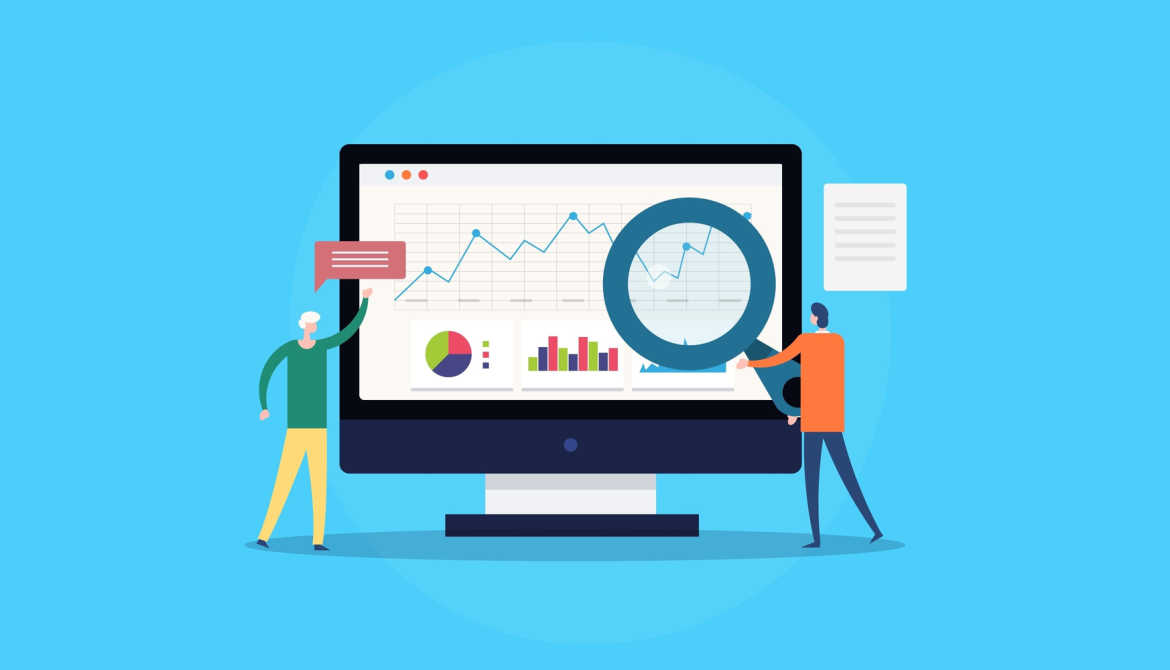4 minutes
3 reasons to start collecting data in Google Analytics 4 now
Sponsored by Edge
Google Analytics 4 (or GA4) is the new version of Google Analytics (UA), but GA4 isn’t just a new user interface—it’s a complete overhaul of the platform and how it collects data.
Google recently announced their timeline for sunsetting Universal GA: July 2023. That’s when it will replace the existing Universal Analytics (UA) platform, giving everyone a limited amount of time to migrate to GA4 and begin collecting historical data.
The goal here is to get properly set up in GA4 and collect as much historical data as possible before UA goes away in 2023 and GA4 becomes your primary analytics platform.
Keep reading to learn why you should begin collecting data in Google Analytics 4 now, even if it won’t be your main analytics tool for months to come.
1. Google Analytics 4 is a Complete Makeover
Google has redesigned and re-engineered its analytics software several times to keep up with the modern web. UA was released in 2013. The technology behind GA4 has been on the platform in beta since 2019, but the move takes the platform in a very different direction.
Two major shifts in the web ecosystem drove the decision to move GA4 to the forefront. The first is the move away from static websites toward single-page and mobile applications. The second is the increasing demand for user privacy. GA4 uses event-driven data and data modeling to overcome these challenges.
Event-driven data: The concept of collecting data based on events like clicking, scrolling and filling out forms isn't new. App analysts have been using this method for years since their products don't count pageviews as the primary metric. GA4 applies the concept to both websites and apps.
Data modeling: Ad blockers and device settings make analytics data based on browser cookies imperfect. GA4 separates high-quality first-party data collected with user consent from all other data. Then it uses it to identify trends and repair problems with the lower-quality data.
2. Serious Tools to Better Understand and Reach Site Visitors
Real data nerds will love the level of detail available for analysis in GA4. Exploration reports (before now only for GA360 subscribers) are now available to everyone. These make it easier to dig into data, analyze users, create custom conversion funnels and segment audiences.
GA4 replaces "bounces" with "engaged sessions." Analysts know bounce rate has never been very helpful, especially for blog posts. Readers arrive and then bounce, a common activity for a blog post, but that doesn't mean the content wasn't useful. GA4's "Engaged Session" measures events on the page (scrolling and having a page active for some time) as well as clicks to more pages. The new method should paint a better picture for marketers of how people use content.
3. To Compare Data, You Need Data
Switching to GA4 isn't required until next year. That's a good thing because any year-over-year analysis with the platform's new tools and methods requires a year's worth of data.
Since the base data is different in UA and GA4, any comparison of activity between them won't be of much value. Installing GA4 on your site and setting up engagement events now is critical to track your efforts.
Moving to Universal Analytics was pretty painless since the underlying measurements were similar. GA4 will take some effort to configure, install and understand. Starting now gives you time to make the change, get familiar and not lose momentum.
Setting up Google Analytics 4 as soon as possible, and before June 2023, will help your organization collect as much historical data as possible while also becoming well-versed in this completely made-over (and essential) tool.
Matt Neznanski is marketing technology manager at CUES Supplier member Edge, where he helps marketers solve problems using technology. Edge is a full-service marketing partner with 20 years in business.





